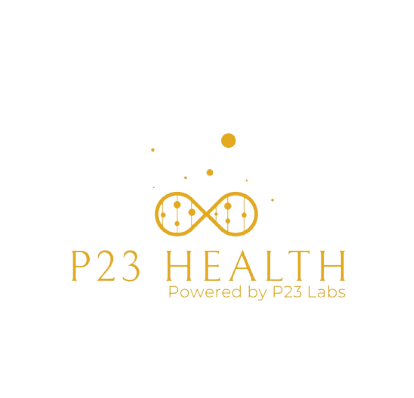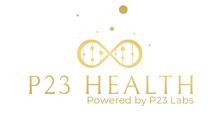
Staying Safe and Informed during the Summer COV
[ad_1]
As we navigate through the summer, it’s evident that COVID-19 cases are on the rise, according to the Centers for Disease Control and Prevention. Although officials are closely monitoring the situation, it’s still too early to determine the full extent of this surge.
COVID-19 indicators, including hospital admissions, emergency department visits, test positivity, and wastewater levels, are increasing nationally. Just yesterday, July 31, 998 new cases were registered in New York, and 281 new cases were reported in New Jersey.
Several factors have contributed to the current surge in cases:
- Summer Travel: As travel restrictions eased, summer travel rebounded from pandemic-era lows. In fact, the Transportation Security Administration reported that June 30 was its busiest day ever, surpassing the previous record set on the Sunday after Thanksgiving in 2019.
- Behavior: With vacations and conferences back in full swing, many activities are now taking place without masks, increasing the chances of infection, as stated by experts.
- Timing of Booster Shots: For many individuals, their last COVID-19 booster shot was administered months ago or even longer. As the recent coronavirus uptick occurred during the winter, a significant number of people haven’t been exposed to substantial virus circulation in quite some time.
To reduce the risk of infection and protect yourself and others, consider the following safety tips:
- Stay Home When Unwell: If you experience even mild symptoms, such as a tickle in the throat or feeling under the weather, it’s best to stay home until you feel better.
- Opt for Outdoor Gatherings: Outdoors generally pose a lower risk of viral transmission. Whenever possible, host events and gatherings outside. Additionally, improving ventilation by opening doors and windows or using air purifiers can help further reduce risks.
- Practice Caution with Masks: Keeping a mask handy is a wise idea, especially in situations where you might be in close proximity to people exhibiting COVID-19 symptoms, like when traveling or attending public events.
- Embrace Good Health Habits: Prioritize good health practices, including getting enough sleep, staying physically active, consuming nutritious food, staying hydrated, and managing stress.
- Regular Testing: Timely detection of the infection is crucial. Consider having rapid COVID-19 tests at home for fast usage and diagnostics and choose at-home PCR testing kits from a lab for more accurate results.
Staying informed, cautious, and proactive is essential. By following safety guidelines and implementing preventive measures, we can protect ourselves and our communities while still making the most of our summer.
[ad_2]
Source link









